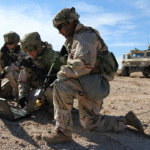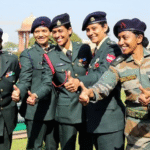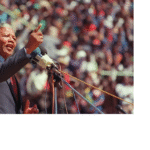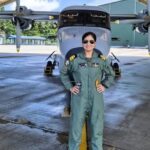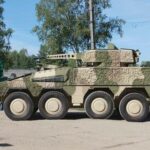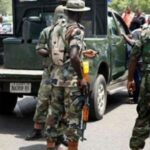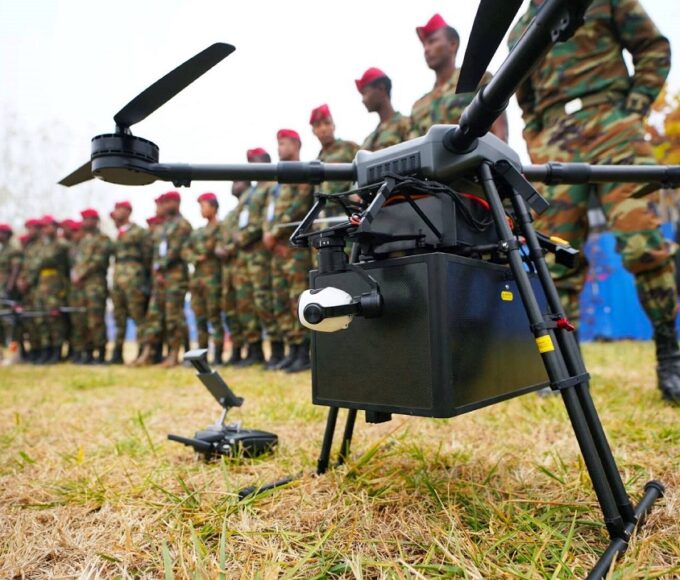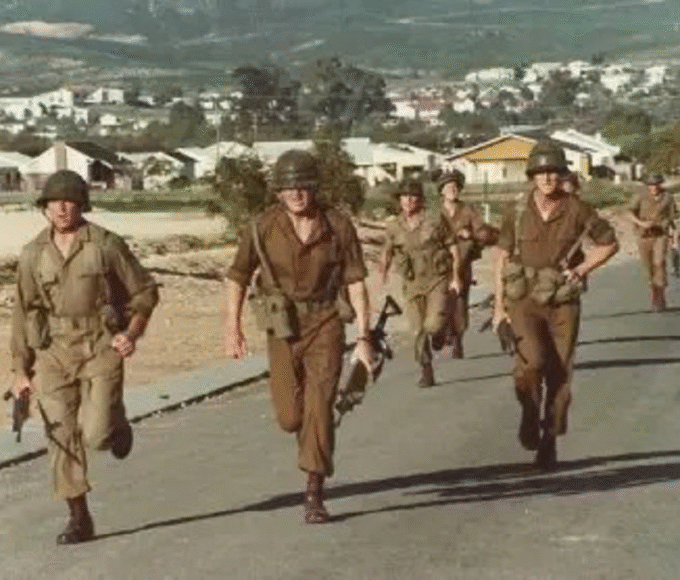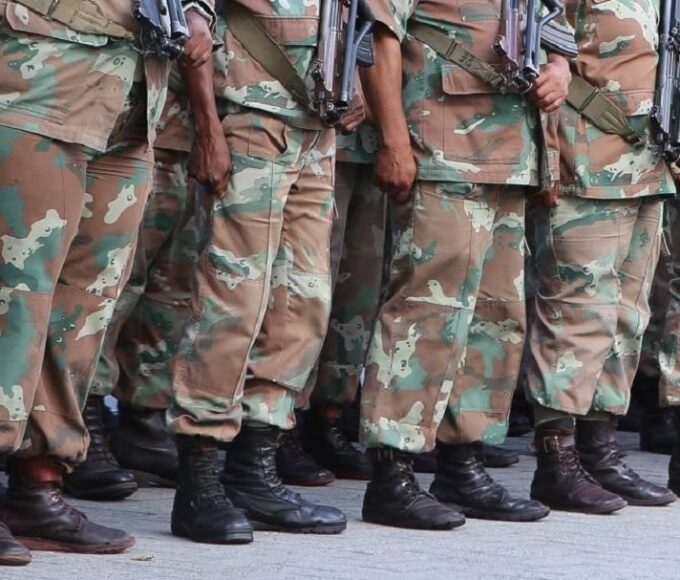THE SILENT CRISIS: PTSD AMONG AFRICA’S MILITARY VETERANS
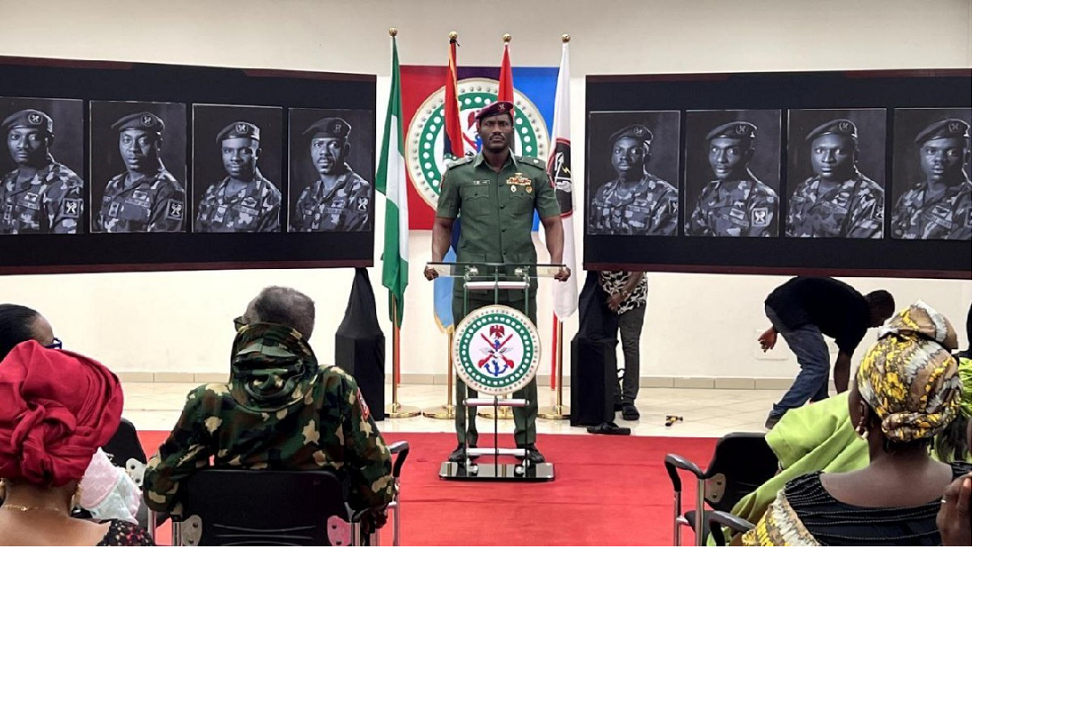
Across Africa, where wars and insurgencies have scarred nations for decades, a hidden crisis is unfolding among military veterans. These men and women, celebrated as heroes in their communities, return home carrying invisible wounds. Beyond the physical injuries of battle, many suffer from post-traumatic stress disorder (PTSD) a condition that disrupts their lives long after the fighting ends.
From Nigeria’s northeast to South Africa’s border wars, and from Ethiopia’s civil conflicts to Uganda’s bush wars, countless veterans live with psychological scars. This “silent” crisis is muted by stigma, poor mental health infrastructure, and cultural norms that prize resilience over vulnerability. As conflicts persist in regions such as the Sahel and the Horn of Africa, the number of veterans struggling with PTSD continues to grow, underscoring an urgent but neglected public health emergency.
Related Article: AFRICAN HEROES: A STORY OF AFRICAN WW2 VETERANS
Africa’s turbulent history has created generations of veterans exposed to extreme trauma. The South African Border War (1966–1990) left thousands of soldiers grappling with guerrilla warfare and ideological strife. Since 2009, Nigerian troops have faced brutal counterinsurgency campaigns against Boko Haram. Ethiopia’s Tigray conflict (2020–2022) and Uganda’s bush wars of the 1980s, which even drew in child soldiers, produced similar waves of survivors.
These wars, driven by ethnic divisions, resource competition, and political instability, subjected soldiers to ambushes, bombings, and civilian massacres. Without strong demobilization or reintegration programs, many veterans return to civilian life with little support, carrying the weight of these traumatic experiences alone.
PTSD is triggered by experiencing or witnessing life-threatening events. Symptoms include flashbacks, nightmares, avoidance of reminders, mood disturbances, and hypervigilance. Among veterans, these may appear as recurring combat dreams, emotional numbness, or exaggerated startle responses.
For African veterans, the situation is often more complex. Repeated trauma can lead to complex PTSD (CPTSD), which involves lasting difficulties with relationships, self-worth, and emotional regulation. Cultural expressions of distress also differ: in many Sub-Saharan societies, suffering is described in physical or spiritual terms rather than psychological ones, complicating diagnosis and treatment.
In South Africa, about 33% of Border War veterans have PTSD.
Among Nigerian soldiers fighting Boko Haram, 24.6% screened positive, with rates higher in those exposed to intense combat.
In Ethiopia, 21.9% of hospitalized personnel were diagnosed, while South African defence forces show figures between 25–33%.
Former Ugandan child soldiers report extreme trauma, with up to 98% showing symptoms and about 27–35% meeting full PTSD criteria.
Despite these numbers, gaps in research especially in West Africa suggest the real burden is even higher.
Why PTSD Hits Hard in Africa
Several factors intensify PTSD risk:
Severe combat exposure such as handling corpses or witnessing atrocities strongly predicts PTSD.
Multiple deployments (four or more) triple the odds of the disorder.
Child soldier recruitment, as seen in Uganda, fosters cycles of “appetitive aggression,” where violence itself becomes a coping mechanism.
Co-occurring conditions like depression and substance abuse worsen outcomes. In some West African militaries, alcohol misuse reaches over 50%.
Gendered violence, including sexual assault against female soldiers, adds another layer of trauma.
Culture and Silence
While African veterans experience PTSD symptoms similar to global patterns, cultural interpretations matter. Distress may be seen as spiritual disturbance, or its impact may be understood in terms of family and community rather than the individual. Traditional healing practices—rituals or community-based support—can provide comfort, but often fail for severe cases.
High resilience levels reported in some cohorts, such as South African veterans, do not always prevent PTSD when combat exposure is overwhelming. Moreover, Western diagnostic tools frequently miss local expressions of suffering, leading to underdiagnoses.
Barriers to Care
This crisis remains “silent” because systemic barriers block access to treatment. Most African nations lack national post-conflict mental health policies. Professional care is scarce, with few trained providers and frequent staff turnover. Stigma portrays mental illness as weakness, discouraging disclosure. Veterans often turn first to traditional healers, delaying professional care.
Funding is another major obstacle. With governments prioritizing economic recovery, mental health is underfunded and overlooked. The result is devastating: many veterans face family breakdowns, social isolation, or even suicide.
Breaking the Silence
Addressing PTSD among Africa’s veterans requires urgent action:
Routine mental health screenings before and after deployment, as Nigerian studies recommend.
Culturally adapted therapies that blend evidence-based approaches like trauma-focused CBT with traditional practices.
Expanded research and funding to close data gaps and strengthen mental health infrastructure.
Awareness campaigns to reduce stigma and encourage help-seeking.
Recognizing PTSD as a public health priority is not only about healing individuals. It is about strengthening the social fabric of nations emerging from war. Supporting veterans in their psychological recovery ensures they can return to their communities not as silent sufferers, but as resilient contributors to peace.
King Richard Igimoh, Group Editor ALO
King Richard Igimoh, Group Editor African Leadership Organisation is an award-winning journalist, editor, and publisher with over two decades of expertise in political, defence, and international affairs reporting. As Group Editor of the African Leadership Organisation—publishers of African Leadership Magazine, African Defence & Security Magazine, and Africa Projects Magazine—he delivers incisive coverage that amplifies Africa’s voice in global security, policy, and leadership discourse. He provides frontline editorial coverage of high-profile international events, including the ALM Persons of the Year, the African Summit, and the African Business and Leadership Awards (ABLA) in London, as well as the International Forum for African and Caribbean Leadership (IFAL) in New York City during the United Nations General Assembly.
Recent Posts
Categories
- Air & Aerospace16
- Border Security15
- Civil Security4
- Civil Wars4
- Crisis5
- Cyber Security8
- Defense19
- Diplomacy19
- Entrepreneurship1
- Events5
- Global Security Watch6
- Industry8
- Land & Army8
- Leadership & Training5
- Military Aviation5
- Military History27
- Military Speeches1
- More1
- Naval & Maritime9
- Resources2
- Security12
- Special Forces1
- Systems And Technology9
- Tech6
- Uncategorized3
- UNSC1
- Veterans6
- Women in Defence9
Related Articles
AFRICA’S ROBOTICS REVOLUTION ON THE BATTLEFIELD
Across Africa’s conflict zones from the Sahel’s desert plains to the forests...
ByKing Richard Igimoh, Group Editor ALODecember 15, 2025ONLINE WAR COLLEGES: CAN AFRICA BENEFIT FROM DIGITAL LEARNING?
Africa’s militaries face a pressing paradox: they are among the most active...
ByKing Richard Igimoh, Group Editor ALONovember 17, 2025THE SOUTH AFRICAN BORDER WAR (1966–1989) MILITRAY STRATEGY AND LEGACY
The South African Border War, fought between 1966 and 1989, was a...
ByKing Richard Igimoh, Group Editor ALOOctober 28, 2025WAR WIDOWS AND FAMILIES AS SILENT STAKEHOLDERS IN DEFENSE
When the last shots of a war are fired, the battle rarely...
ByKing Richard Igimoh, Group Editor ALOOctober 13, 2025



